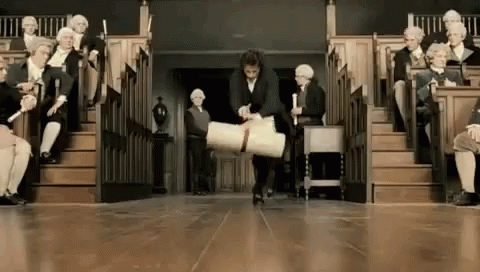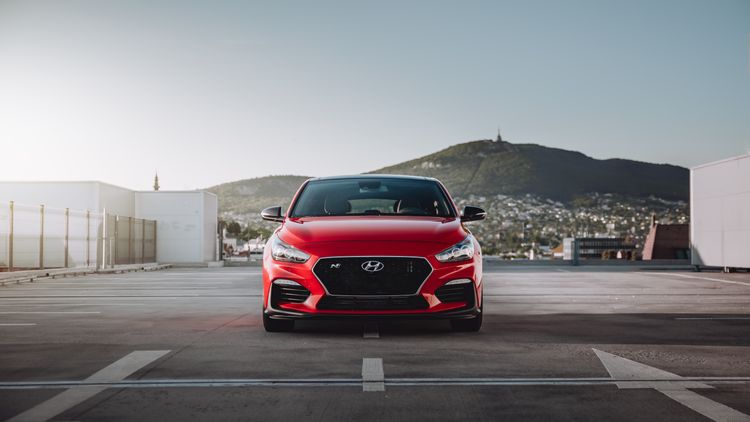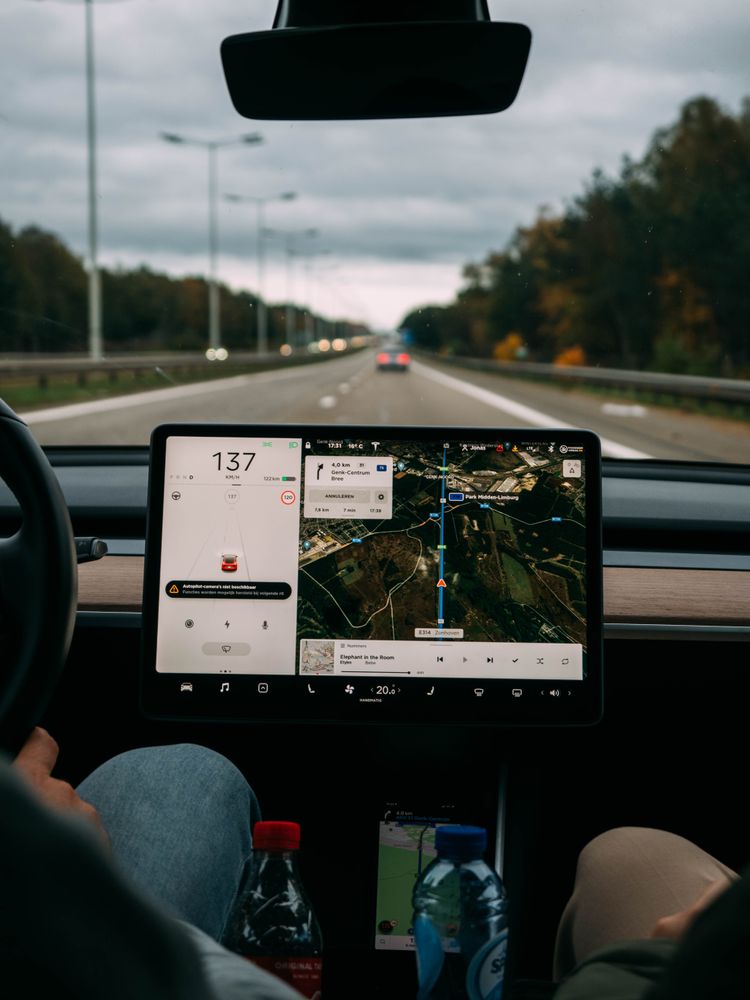Glossary of Auto Insurance Definitions and Key Terms

Understand all the important terms related to auto insurance with the help of this handy glossary. We provide simple definitions in plain English.
With that in mind, our auto insurance experts at Luna Insurance put together this glossary of the most important auto insurance terms to help make the process easier. We’ve done our best to define these terms in plain English so that everything is crystal clear.
quickly within this blog:
Press Ctrl+F (on Windows PC, Chromebook, or Linux system), or Command+F (on a Mac) on the keyboard. The “F” stands for “Find,” and it works in every browser.
Knowing these key terms will help you choose the right auto insurance policy for your needs.
What is Auto Insurance?
Auto Insurance is a contract between you and an insurance company. You pay the insurance company a monthly or annual premium, and they agree to pay for your car repairs and medical expenses, within the limitations of the policy, after an accident.
Glossary of Auto Insurance Terms
Now, let’s look at the specific terms related to auto insurance policies. Beware: it's a long list.
Accident Forgiveness
An optional feature that can be added to your auto insurance policy (with some providers) that won't increase your rates or premiums if you’re found at fault for an accident.
Actual Cash Value
A method of determining the amount an insured property (vehicle) is worth, based on how much it would cost to buy a similar replacement at the current time.
Additional Insured
A person, group of people, or organization that has been added to an insurance policy in addition to the primary policyholder. They are protected by the same policy as the other insured parties, and all insureds are covered up to the limits stated in the policy.
Adjuster
A person who evaluates and settles insurance claims for an insurance company. It’s the adjuster's job to determine how much will be paid based on the details of the policy. The adjuster may need to decide if a vehicle is worth repairing or if it will be considered "totaled".
At-Fault Accident
An accident that is determined to be your fault. This is often determined and communicated through a police report of the accident. The at-fault driver's auto insurance company will pay for damage, bodily injury, and legal defense costs, based on the details and limitations of the policy.
Bodily Injury Liability Policy
An insurance policy that pays for bodily injury (damages and medical costs) resulting from an accident caused by the insured. The limit of liability is the maximum amount the insurer will pay, up to the limits stated in the policy.
Car Insurance Quote
An estimate provided by the insurer or broker that shows the premiums you will need to pay in order to be covered by the insurance policy. The quote will be based on specific coverage details and coverage limits.
Carrier
The insurance company or agency that provides coverage to you, based on the details listed in your policy.
Certificate of Satisfaction
A form you sign upon receiving an insured automobile from the repair shop. It indicates your satisfaction with the repairs.
Claim
A formal request to an insurance company for payment of a loss, as stated in the policy. After an incident, you will submit a claim with your insurance company if you have been involved in any form of accident, damage, or theft. Your claim will be reviewed by the company and they will decide what and how much they will cover.
Claimant
A person who has submitted a claim to an insurance company.
Collision Coverage
An insurance policy that covers damage or loss of your car resulting from an accident with another vehicle or object, such as a tree or telephone pole. If you have a loan on the vehicle, the lender will typically require you to have an insurance policy with collision coverage.
Combined Single Limit
A single limit of liability for your auto insurance policy instead of having separate limits for property damage and bodily injury.
Competitive Estimate
When an insurance company requests that you submit multiple repair quotes or estimates.
Comprehensive Coverage
An insurance policy that covers damage or loss to your car not involving any other object or vehicle. This can include weather damage, fire, theft, vandalism, and glass breakage. Depending on the kind of policy you choose, this may be optional coverage.
Covered Incident
An accident or incident that is covered by the insurance policy (something your insurance company will pay for).
Declarations Page
A page of the policy paperwork that states basic policy details, including insured parties, limits of coverage, and the effective date.
Deductible
The amount you must pay when filing a claim on your insurance policy before your insurer will begin to pay its share. The deductible is an out-of-pocket expense. Once the deductible has been paid, the company will pay for any covered losses or damages up to the policy limits.
Effective Date
The start date for which the policy coverage is in effect.
Exclusions
A list of things or conditions that are not covered under your policy. The list will be found in the details section of the policy. Typical exclusions include things like normal wear and tear, damage caused intentionally, and damage that occurs while the vehicle is being used for illegal purposes.
Fair Market Value
The price at which a vehicle may be exchanged between a willing buyer and a willing seller who are both aware of the pertinent facts.
Financial Strength
Insurance companies are frequently assessed in terms of their financial strength. A better score indicates a greater capacity to keep up with insurance obligations going forward. When picking an insurance provider, financial stability is something you should consider. If the business can't fulfill its financial obligations, you might encounter difficulties receiving compensation.
Full Coverage
An insurance policy that provides liability, collision, and comprehensive coverage. Most insurance companies will require you to have at least a minimum set of coverage, but beyond this, it’s up to you which types and levels of coverage best suit your needs.
Gap Insurance
An extra form of insurance that covers the difference between your car's depreciated value and the amount you still owe on it. This coverage is typically only needed when you owe more than your vehicle is worth, and will help cover the difference if your car becomes "totaled". Some lenders require gap coverage, especially for new cars.
Glass Coverage
An insurance policy that covers damage to windows, windshields, and lights. This coverage is generally optional.
Independent Agent
A person or business that sells the products of several insurance companies, rather than representing a single company. The independent agency will be compensated by the insurance company for any policies sold.
Lapse
When your policy has come to an end, you are without insurance for a period of time. Because of cancellation, non-renewal, or missed payments, the coverage might lapse. Lapses might cause your premiums to rise.
Liability Coverage
An insurance policy that provides protection if you are found legally responsible for injuries to others or damage to their property in an accident.
Limit
The maximum amount your insurance company is obligated to pay out for a single accident. Typically, there will be different limitations for bodily injury and property damage.
Medical Payments Coverage
Will provide benefits for reasonable and necessary medical expenses or funeral costs resulting from an accident covered by the policy, regardless of who was at fault.
Minimum Coverage
The state's minimum insurance coverage amounts that must be met by drivers. The majority of states require that drivers have insurance that meets or exceeds specific standards. Minimum coverage policies will usually offer the lowest premiums, however, the protection may be insufficient if you are in a serious accident that results in significant expenses (for property damage, bodily injury, or liability).
Multi-Policy Discount
Many insurance companies offer discounts on premiums if you have multiple policies with them. This discount may be offered to those who purchase both their auto and homeowner’s insurance with the same company.
No-Fault Insurance
Some states require insurance companies to compensate customers for damage, regardless of who caused the collision. In cases of personal injury protection, the injured party can still sue the at-fault driver for damages related to medical expenses and lost income.
Personal Injury Protection (PIP)
An insurance policy that provides compensation for the medical expenses of the insured. PIP can also pay a portion of your lost wages if you need to take time off work due to injuries from a collision.
Primary Use
The primary purpose your automobile serves (business, commuting to work, etc.).
Premium
The amount paid on a regular basis by the insured person or business to an insurance company in exchange for insurance coverage.
Property Damage Liability Coverage
A policy that will protect the insured if held responsible for damage done to someone else's property, up to a specified limit, in an accident. These policies often have a deductible, representing the amount of money you must pay out of pocket before your insurance company begins paying.
Rates
The amount of money charged for an insurance policy (another word for "premium").
Replacement Cost
The cost to replace or repair personal belongings (for example, a car). This replacement cost is the current market value of the item at the time you need it replaced, not what you originally paid for it. During the first year after purchase, certain insurance policies allow for a specific amount of money for new automobiles if the replacement cost is expected to be higher than the fair market value. This protects the insured in case the vehicle is totaled.
Roadside Assistance
Most auto insurance policies cover standard services such as towing, changing of flat tires, jumping a battery, etc., up to a certain limit.
Safe Driver Discount
Discounts provided by insurance companies for drivers who have had no accidents, violations, or claims filed against them. Most insurance companies are now using mobile apps to keep track of driver behavior and provide incentives to safe drivers.
SR-22 Form
A form that the state may request from an insured person, or someone covered under their policy, who has had a DUI/DWI or other offense. The form is typically filed with the Department of Motor Vehicles and will be used to show proof of financial responsibility (liability insurance).
Total Loss
A car accident that causes so much damage to the vehicle that the repair costs would exceed its value. It is considered a total loss and deemed "totaled."
Umbrella Policy
An extra policy (on top of your current auto and homeowner’s insurance) that can provide compensation if you are held responsible for: property damage, bodily injury, or liability. This policy will also cover defense costs and attorney fees if you need to use the service of an attorney due to a loss covered by this policy. Umbrella policies are optional.
Underwriter
A person who determines, based on risk and other factors, whether or not an insurance company will offer you a policy, and under what conditions (premiums, deductibles).
Uninsured and Underinsured Motorist Coverage
If you are involved in an accident with someone who doesn't have insurance, or their insurance does not provide sufficient compensation, the UM/UIM policy will help compensate you for your injuries and other damages. This coverage is optional in most states but is commonly included in many policies.
Final Thoughts
Whew, that was a long list.

That's why many people want to trust that their insurance agent is well equipped to handle their needs and offer them the protection they deserve.
We welcome you to join the Luna family. Let us advise and provide you with insurance. Put us to the test - we will not disappoint 🤓





